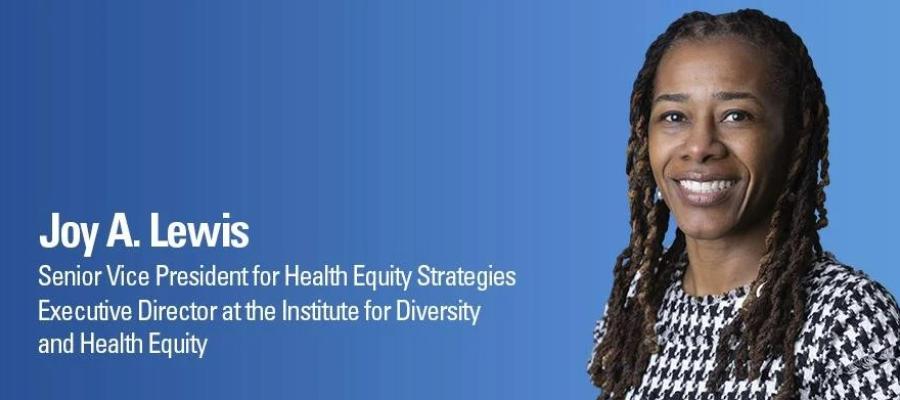Juneteenth Reminds Us That We Must Stay the Course

Juneteenth commemorates the emancipation of the last enslaved African Americans in Texas in 1865, two years following the issuance of the Emancipation Proclamation. As you can see from the two-year difference, the actual ending of slavery in the U.S. was a slow and complicated process.
The same is true in our nation’s health care system today, where our push toward health equity is also met with incremental progress. There have been victories along the way, but significant health disparities still exist. As we move into the third year of acknowledging Juneteenth as a national holiday, we must reflect and remind everyone that our cause must continue.
To help do that, we cannot let Juneteenth become a holiday that is commercialized with holiday sales or seen as just the bookend to another “long weekend.” In 1994, legislators passed the King Holiday and Service Act, which transformed Martin Luther King, Jr. Day into a day of service, encouraging individuals to spend time volunteering for worthy causes. Juneteenth has similar potential as a day of scholarship and education. As a new federal holiday, some people may still not understand the meaning behind Juneteenth, so it serves as a perfect opportunity to learn more about components of American history that are not taught broadly across our nation’s public education system. For hospitals and health systems, Juneteenth can be an opportunity to leverage efforts that support health equity. Whether it’s through volunteerism or educational programming, opportunities to plan, promote and participate in Juneteenth activities should be present for employees at all levels, as well as the surrounding community.
It’s important for us in health care to reflect on the progress that has been made in the health equity space, although sometimes it could be politely described as plodding. We must persist and seek to hasten such progress through encouraging innovation, engaging in hard conversations, learning from each other, and nurturing successful initiatives so they spread and scale across the nation.
At the Institute for Diversity and Health Equity, we have witnessed the uptake of AHA’s Health Equity Roadmap among our member hospitals and health systems, with now more than 1,000 engaged in this tool to support their health equity journeys. Most are still in the exploring stage — but there is support to make progress along the equity continuum. And we anticipate greater participation by adding those who have yet to sign up.
Due to a worldwide pandemic, fiscal pressures facing hospitals and health systems, as well as the tumultuous political landscape, health equity work in some organizations is at risk of being de-prioritized. It’s yet another reminder that progress is not linear, that it happens in fits and starts, that plateaus and backsliding are very common on the journey. But that’s why our quest for health equity must go on. We must be relentless in our pursuit of equity and justice for all. We must place the patients, families and communities we serve at the very center of our actions to advance equity, because health disparities are still present and persistent. Our voices must continue to be heard — and Juneteenth is the opportunity to remind ourselves of that for which we strive.
